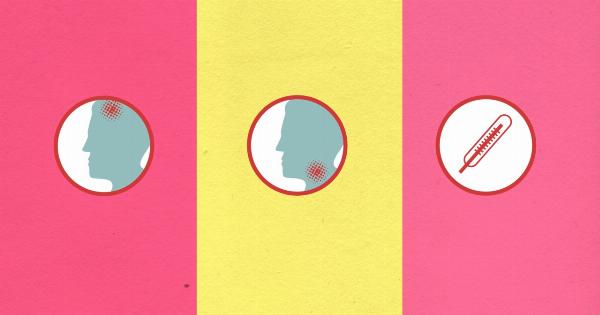Constipation is a common health issue, with a prevalence of about 16% among adults in the United States. While occasional constipation is usually not a cause for concern, chronic constipation can lead to serious health problems if left untreated.
In this article, we will discuss the causes, symptoms, and consequences of chronic constipation.
Causes of chronic constipation
Chronic constipation has many possible causes, including:.
- Poor diet, low in fiber
- Inadequate water intake
- Lack of physical activity
- Side effects of medications
- Neurological disorders, such as multiple sclerosis or Parkinson’s disease
- Hormonal disorders, such as hypothyroidism or diabetes
- Structural abnormalities in the colon or rectum
Identifying the underlying cause of chronic constipation is important for developing an effective treatment plan.
Symptoms of chronic constipation
The primary symptom of chronic constipation is infrequent bowel movements. Other symptoms may include:.
- Difficulty passing stools
- Hard, dry stools
- A feeling of incomplete evacuation
- Abdominal discomfort or pain
- Bloating
- Rectal bleeding from straining during bowel movements
Additionally, chronic constipation may lead to complications such as hemorrhoids, rectal prolapse, and fecal impaction.
Consequences of chronic constipation
If left untreated, chronic constipation can lead to serious health problems, including:.
- Hemorrhoids: Swollen veins in the anus or rectum may cause bleeding, pain, and discomfort.
- Rectal prolapse: Weakness in the muscles of the rectum may cause it to protrude through the anus.
- Fecal impaction: Hard, dry stools may accumulate in the rectum and colon, causing a blockage that prevents bowel movements.
- Diverticulitis: Pouches that form in the colon may become inflamed or infected.
- Colon cancer: Chronic constipation may increase the risk of developing polyps or cancerous growths in the colon.
Treating chronic constipation early can help prevent these complications.
Treatments for chronic constipation
The primary goal of treating chronic constipation is to increase the frequency of bowel movements and make stools easier to pass. Treatment options may include:.
- Dietary changes: Increasing fiber intake and drinking more water can help soften stools and promote regular bowel movements.
- Exercise: Regular physical activity can help stimulate bowel function.
- Laxatives: Over-the-counter or prescription laxatives can help relieve constipation, but should be used under the guidance of a healthcare provider.
- Biofeedback therapy: This type of therapy can help retrain the muscles that control bowel movements.
- Surgery: In severe cases, surgery may be necessary to correct structural abnormalities in the colon or rectum.
It is important to consult a healthcare provider to determine the best treatment plan for chronic constipation.
Preventing chronic constipation
Preventing chronic constipation is key to avoiding its serious health consequences. Strategies for preventing chronic constipation include:.
- Eating a balanced diet rich in fiber
- Drinking plenty of fluids
- Exercising regularly
- Avoiding medications that can cause constipation
- Treating underlying medical conditions that can cause constipation
Focusing on these preventative measures can help maintain gastrointestinal health and prevent chronic constipation.
Conclusion
Chronic constipation is a common and often neglected health issue. While it may seem like merely a nuisance, chronic constipation can cause serious health problems if left untreated.
Identifying the underlying cause of constipation, seeking treatment early, and following preventative measures can all help promote healthy bowel function and prevent the complications associated with chronic constipation.































